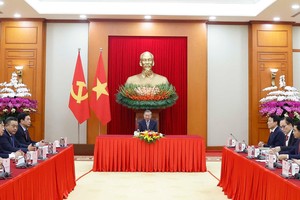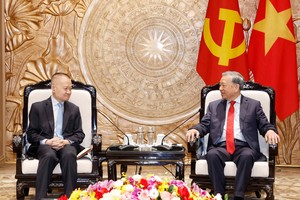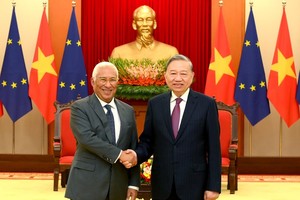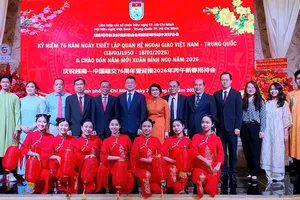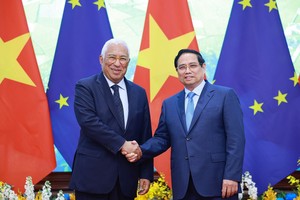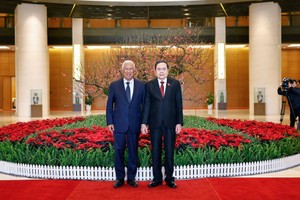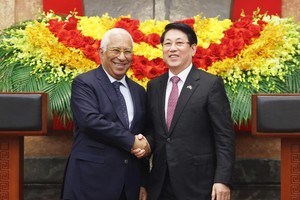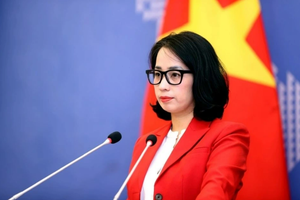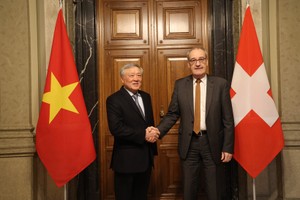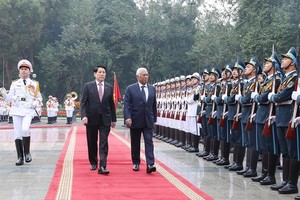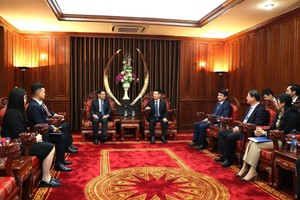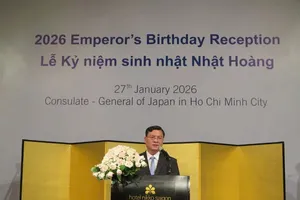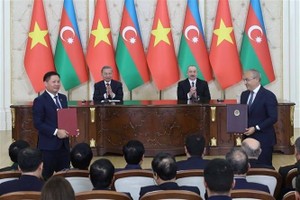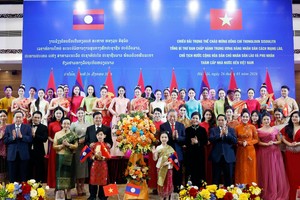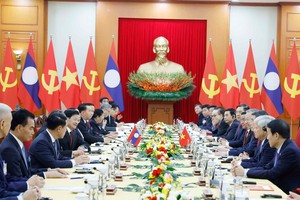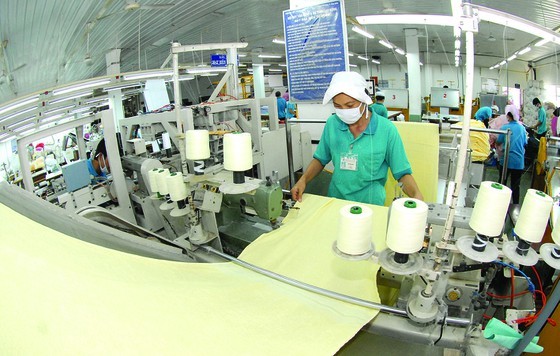
The Jerusalem Post carried an article titled “Vietnam: A bright star in Asia” on August 30 lauding the country’s the foreign policy of independence, self-reliance, openness, diversification and multilateralisation of external relations and active international integration.
It noted Vietnam has to date established a network of 30 strategic partners and comprehensive partners. “The country effectively implemented the Comprehensive and Progressive Agreement for Trans-Pacific Partnership (CPTTP). The first new generation FTA in the world has helped Vietnam’s export turnover to members such as Japan, Canada and Mexico increase significantly compared to 2018,” the article said.
The article mentioned the Vietnam-EU Free Trade Agreement (EVFTA) and Vietnam-EU Investment Protection Agreement (EVIPA) signed last year and approved by the Vietnam National Assembly in June 2020. It cited the European Commission as calling the EVFTA “the most ambitious” FTA the EU has ever reached with a developing country.
The country’s relations with the US were also highlighted in the article. It said the sides managed to overcome their past animosity to normalize relations in 1995, adding that they are now comprehensive partners, with bilateral trade increasing from US$450 million in 1994 to $77 billion in 2019.
In particular, the article mentioned the positive forecasts of the IMF and the WB on Vietnam’s economic growth despite the COVID-19 pandemic.
“Vietnam has garnered international praise for its swift and effective response to the COVID-19 outbreak. Although the country is not immune to the global economic downturn, its prospects for recovery remain positive and are brightest among Asian countries,” it said.
The same day, the Forbes magazine in Israel also published an article assessing Vietnam growth between January and August this year. It cited Edward Teather, ASEAN economist at UBS Research, as saying “Vietnam is suffering some pain from the impact of COVID-19, but the outlook is looking one of the brightest in the region”.
The article reported that the Vietnamese government has sought to increase public and private investment since January to help the economy emerge from the coronavirus pandemic. In June, the country approved its biggest commercial project this year, a $9.3 billion tourist resort by Vingroup, Vietnam’s largest private conglomerate, with foreign investors also participating in the project.
According to the article, there have been many reports that a large number of major foreign companies would choose Vietnam as theirs next manufacturing hub. Apple looked for managers and engineers in Hanoi and Ho Chi Minh City, while Google began production of its low-cost smartphone with Vietnamese partners.
It cited statistics that showed $18.82 billion in FDI was poured into Vietnam in the first seven months of this year, equivalent to 93.1 percent of the figure of the same period in 2019. July alone saw $3.15 billion flowing into Vietnam in the form of FDI and share purchase, up 79.8 percent year on year.
